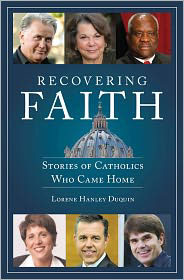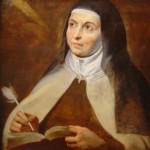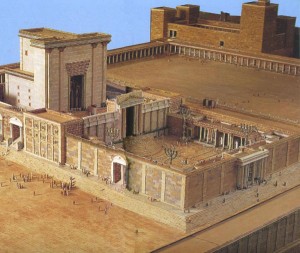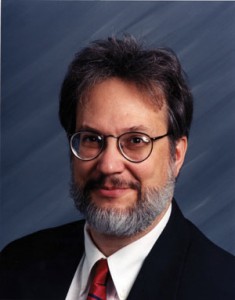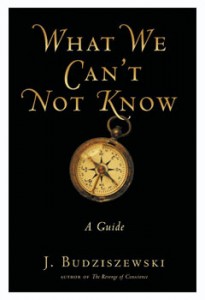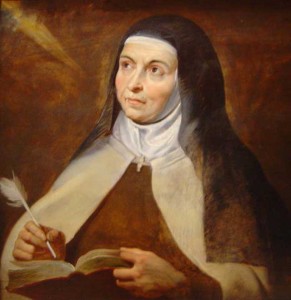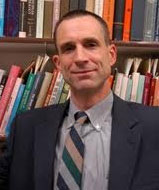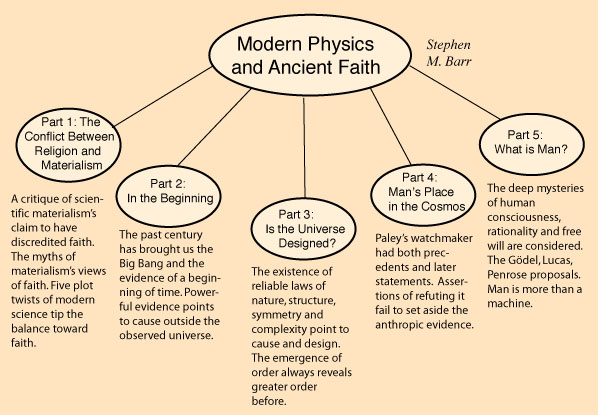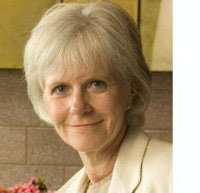 “Recovering Faith: Stories of Catholics Who Came Home” contains the stories of 17 Catholics who returned to the practice of their faith. Lorene Hanely Duquin gathers stories that demonstrate how, eventhough our lives take many twists and turns, God is always reaching out to the heart and waiting to bring peace and healing.
“Recovering Faith: Stories of Catholics Who Came Home” contains the stories of 17 Catholics who returned to the practice of their faith. Lorene Hanely Duquin gathers stories that demonstrate how, eventhough our lives take many twists and turns, God is always reaching out to the heart and waiting to bring peace and healing.
You ll be encouraged by the way Christ touched each of them to bring them home. The compelling stories include:
—Martin Sheen, actor
—Dean Koontz, best-selling novelist
—Clarence Thomas, U.S. Supreme Court Justice
—Dr. Francis Beckwith, Former President of the Evangelical Theology Society
—Barbara Curtis, Author
—Leah Darrow, America s Next Top Model Finalist
—Janet Morana, Director of Priests for Life
—Teresa Tomeo, Catholic Radio Personality
Podcast: Play in new window | Download (Duration: 27:58 — 25.6MB) | Embed
Subscribe: Apple Podcasts | Spotify | Amazon Music | Android | Pandora | iHeartRadio | JioSaavn | Podchaser | Gaana | Podcast Index | Email | TuneIn | Deezer | Anghami | RSS | More
Check out the book here

